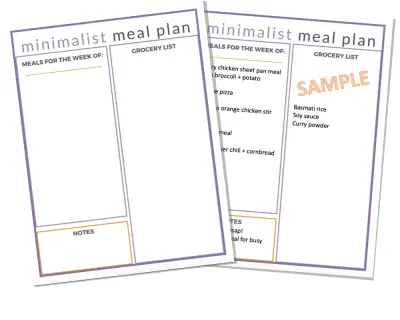The day you start believing and implementing the concept of wanting only what you need to your life, your financial health is likely going to improve!
Overspending can lead you to a financial mess which ultimately leads to the debt trap!
Despite this, there is no need to be worried! Remember that anxiety is not a solution to any sort of problem in this world!
Rather, what if you find the true solution to your financial problems?
—Vernon Howard
“You have succeeded in life when all you really want is only what you really need.”
See more quotes about minimalism here.
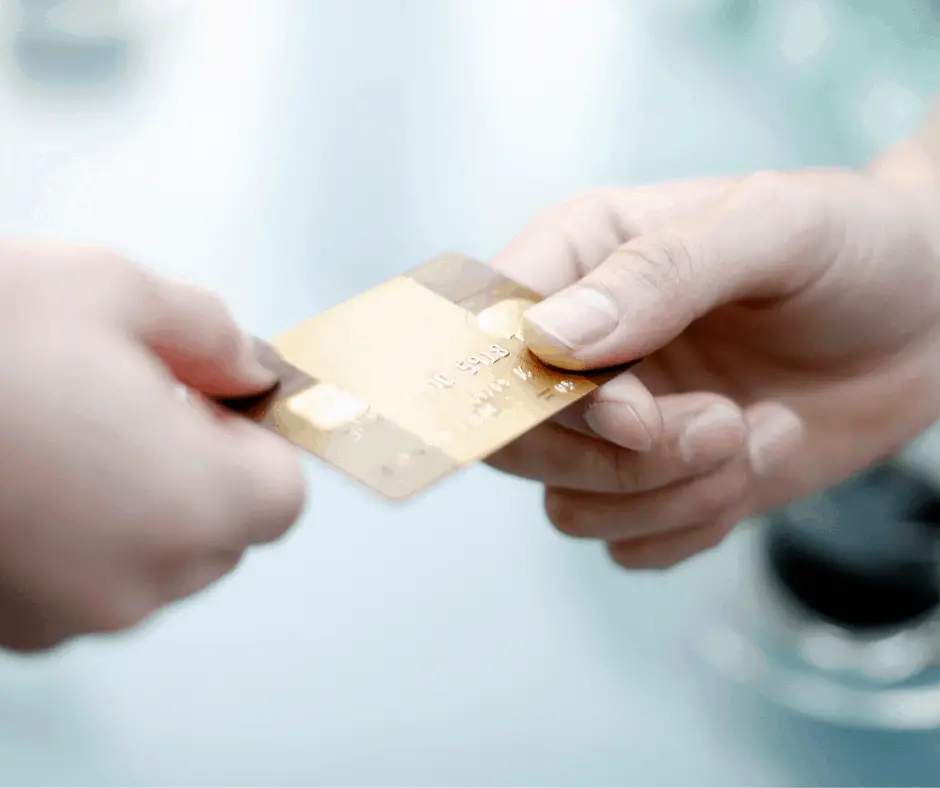
Leading a minimalist lifestyle can help solve your financial problems
But do you know what minimalism is?
Minimalism is all about living with the basic things you need. Things that you use regularly and bring you joy.
Minimalism is also about simplifying your life and routines so you have time, money, and energy for things that bring meaning and purpose into your life! It’s about being intentional in all aspects of life.
In this era of social media, everyone desires to have a perfect-looking life. To get it, many of us fall prey to the debt trap.
Believe it or not, creating a more minimalist life can help you minimize or even erase your financial burdens like credit card debt!
Let’s also define what financial minimalism is:
Being a financial minimalist is about making intentional choices about your money that align with your values. It’s also about sticking to the basics and not over complicating things!
Read More:
7 Simple Things Minimalist Millennials are Doing to Save Money
What is the opposite of minimalist?

Minimalist Finances: Here are 4 Tips to Improve Your Financial Health!
1. Differentiate between your needs and wants
Do you know why do we end up overspending?
One of the reasons is that we struggle to differentiate between our wants and needs.
Let’s say you have bought some groceries from the market. Obviously, groceries come under your “needs”!
But while coming out of the grocery store, you feel like going to Starbucks. In addition to your coffee, you might end up having a snack too. Little things like this are a luxury expense that fall under your “wants” rather than your “needs”.
It doesn’t seem like much, but just $10 per week of “wants” adds up to $520/year (or more if you carry the purchases on your credit card)!
In short, needs refer to your basic requirement which you need to survive. On the other hand, wants can be any goods and services which you like to have, but are not a necessity in your life.
If you follow minimalism, especially frugal minimalism, you tend to focus on your basic expenses. In doing so, you can easily differentiate between your “needs” and “wants”.
This is not saying you never spend on wants, but in order to be financially secure, you need to make sure your “needs” are taken care of before you spend money on “wants”.
If you can master this, you’ll be less likely to overspend. Eventually your financial health is going to improve by adopting minimalist finances!
2. Stick to a minimalist budget
Have you planned your budget?
If not, then it’s high time to do that!
You can consider a budget as a stepping stone to minimalist money management. Yes, you heard it right!
It makes sense if you look at it this way:
The less you buy, the less you’re going to spend, therefore the easier it is to stick to your budget!
Another way to look at it:
Minimalism is about gratitude. When you feel grateful for what you have, you don’t feel like you continually need more and more to make you happy.
If you’ve never planned a budget before, keep it simple by figuring out how much you have to spend (income) and what you have to spend it on (expenses).
After accounting for all essential expenses (including debt repayment, saving & investing), subtract the amount of expenses from your income to see what you have left over for saving, investing, and spending on non-essential things.
This simple way of budgeting is called zero based budgeting.
By the way, you don’t need any fancy budgeting tools. You can keep it as simple as a paper and pen, or if you love excel sheets, you can chalk out your budget on your computer. Or, you can install some of the best budgeting apps like Mint, YNAB, etc.
Once you have your budget set, make sure that you are following it! Once you get obsessed with your budget, you will be one step ahead of your minimalist lifestyle. Trust me, you will get obsessed when you see how simple it is to save!

3. Use your credit cards wisely
Attractive cashback offers and reward points can lure you to opt for a credit card!
But you know what? If these offers are causing you to sign up for multiple cards without a plan to manage them responsibly, you should stay away from them!
It’s penny wise and pound foolish to spend money you don’t have to earn credit card rewards! You’re going to end up paying much more than any reward is worth just in interest alone, let alone the cost of purchasing unnecessary things!
The average APR (Annual Percentage Rates) of credit cards is 16.6% to 23.69%. So, you can have a rough idea how much you have to pay as interest on your outstanding balance amount. Most rewards cards offer only 1%-5% back at best!
The pursuit of happiness found by buying things can come for a short period. But you have to pay the price of your happiness when you will receive your credit card statement.
Being a minimalist makes this temptation much less because you’re already trying to buy less in the way of “things”. The good news is that buying less directly translates into spending less!
If you still decide to continue using credit cards, make sure to pay off your full balance before the due date each month. Doing so, you won’t have to pay interest.
Make this habit to stay away from debts and plan for achieving financial minimalism!
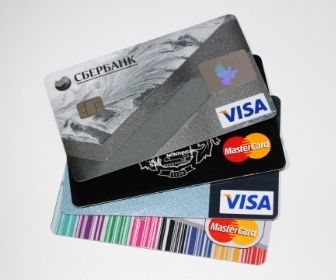
4. Use cash if you struggle with credit cards
No doubt, credit cards seem to make your life easier. You might earn cash back or any reward points on your usage. But at the end of the day, it can burn a hole in your pocket by its incessantly high interest!
Remember that minimalism is largely about being intentional, so be conscious about unintentionally wasting money on interest payments.
What if I told you to switch to cash for everyday purchases?
Well, don’t be shocked! Using cash can help you to track your spending more easily. This article summarized the findings of several studies revealing that people tend to spend less when they use cash!
The reason being, when you are using cash, you are well-aware of your finances. Being aware of your finances allows you spend according to your budget.
Using cards to pay for purchases can instigate you to buy more than you actually need. It’s too easy to just tap and forget how much you’ve actually spent! In other words, with cash you see the balance going down as you spend it!
This means you may find it helpful to use cash as much as possible if it’s helping you buy less stuff. And of course, it can help you to improve your financial health because you’ll likely spend less too!

Whether you find using cash or card more minimalist, find the aspects of minimalist finances and budgeting that work for you! Stick to your budget by really focusing in on your values and know the difference between your wants and needs.
Managing your finances as a minimalist is much the same as managing them not as a minimalist.
It might even be easier because you are already on the path to living an intentional life with less! Now focus on being intentional with your money too!
This article was written by Valentina Wilson. Valentina is a personal financial blogger. She loves to analyze personal financial matters and help others manage their finances in a better way. Traveling is also her passion. She loves to travel and explore different places by herself. To connect with her, go to her Facebook | Twitter or visit Bestdebtconsolidation.org
Continue reading more about minimalist finances:
Are You a Frugal Minimalist?
Frugal Minimalist Black Friday Tips
Is Couponing Worth The Effort?
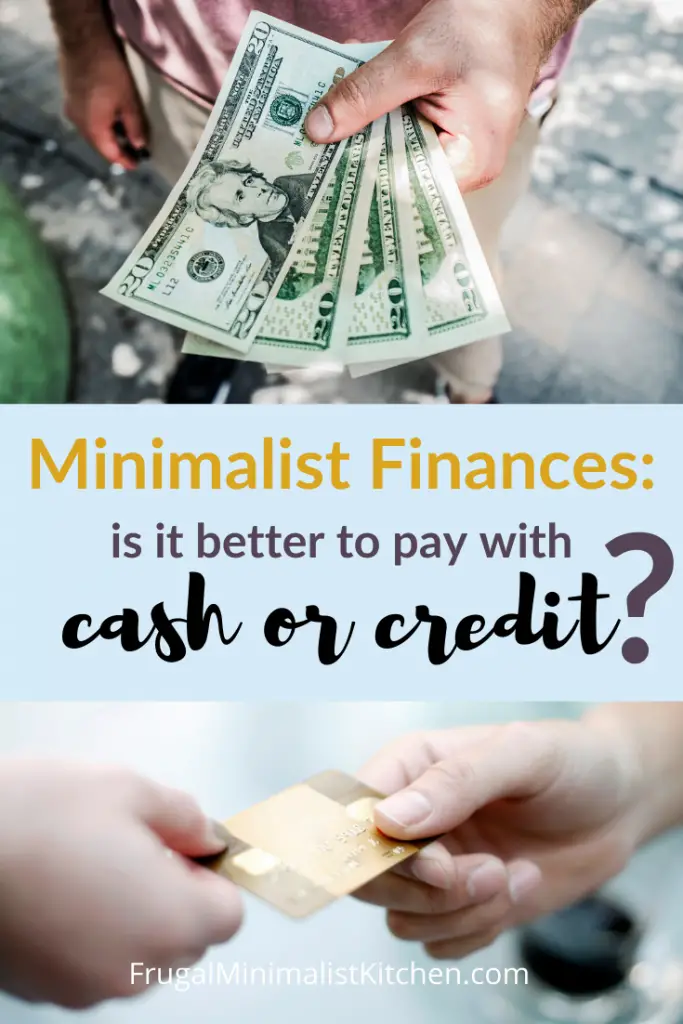
Save this post for later! 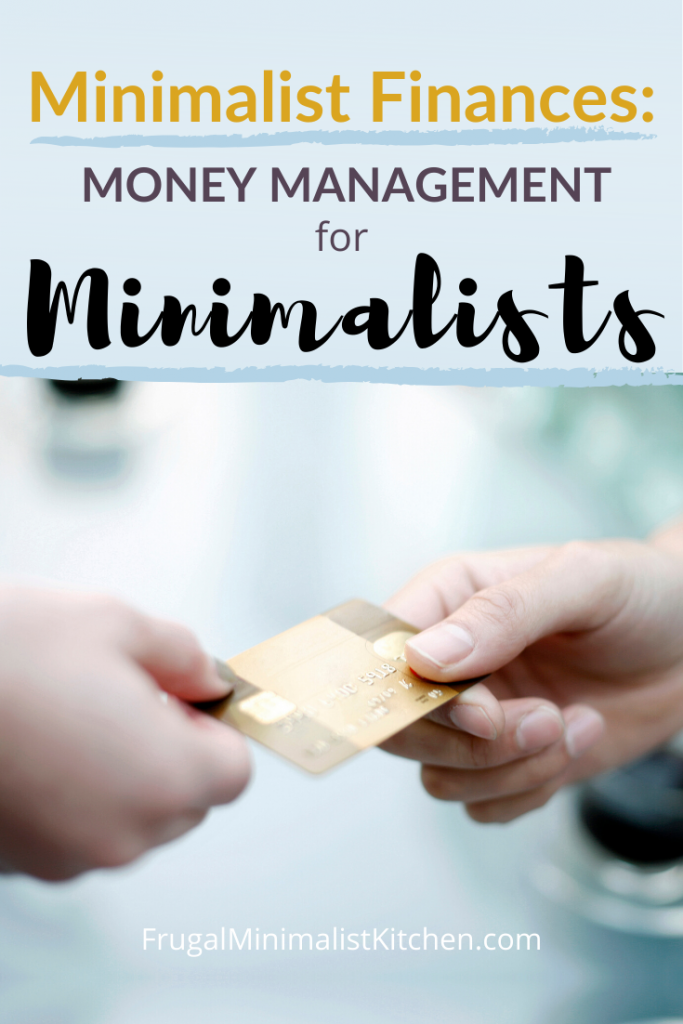
Pin it!

